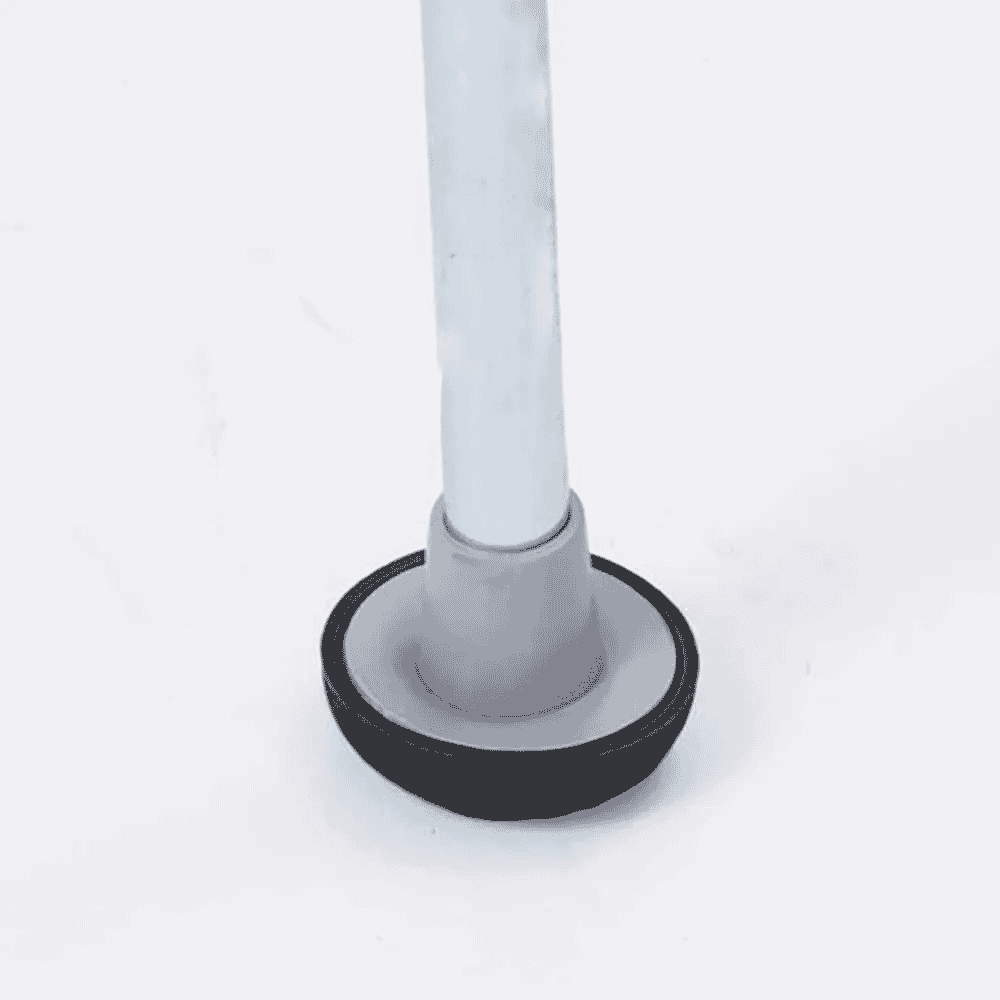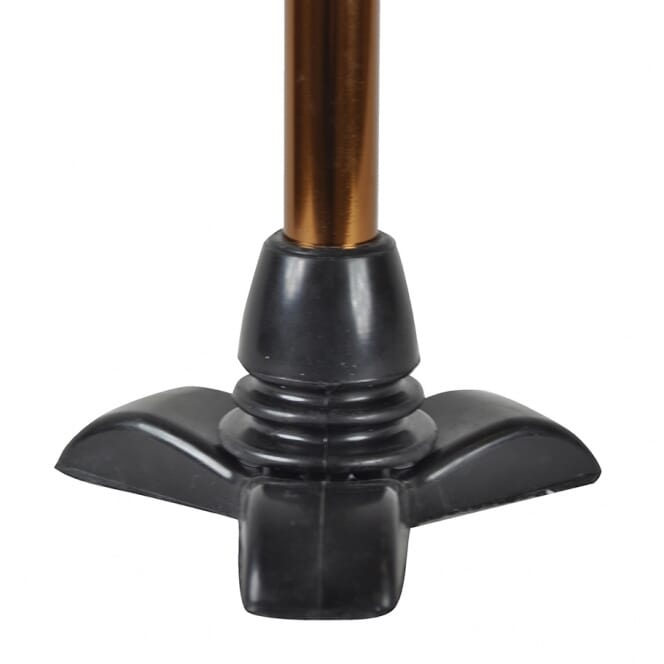Ferrules
Here you can see range of synthetic and rubber ferrules from mobility aids. Ferrules fit on the end of walking sticks, canes, crutches, stools and other items which feature steel or aluminium tubing. Essential Aids ferrules are available in a variety of sizes and styles, from the more basic types, to flexible 'hinged' ferrules for crutches which help stability and reduce the chance of slipping. These parts prevent metal legs from marking hard floors, greatly improving the friction between the surfaces. We also do some special spiked walking stick ferrules which are designed to dig into snow and ice, making it safer to walk on.
-
VAT Relief
Available
Duo 200 Replacement Slider Ferrules - Pair
Replacement slider ferrules for use with the Duo 200 Walking Trolley.£9.90with VAT Relief -
SPECIAL
OFFER
Tri Tip Ferrule
This ferrule offers increased stability when walking and also allows the stick to stand up unaided.£5.40WAS £6.60with VAT Relief
- Page 1
- You're currently reading page 2
Ferrules are the plastic or rubber caps which fit to the end of walking sticks.
They are the same or similar to those found on the legs of products constructed of metal tubing, like shower stools or crutches.
They soften the impact of hard metal or wood and create a softer-feeling, high-friction contact point.
This reduces the opportunity for the tip of the walking stick to slip on hard floors.
If used to cap the feet of metal tubing based items like stools or toilet frames, ferrules soften the point of contact with hard floors.
As with walking sticks, this makes slipping less likely and means the feet won't scratch the floor.
In the case of wooden walking sticks, using a ferrule also extends the stick's lifespan.
Regularly replacing the ferrule prevents wear and tear to the stick's tip.
High quality ferrules have an internal metal insert similar to a washer, which prevents metal tubing cutting through it when pressure is applied.
This feature dramatically increases the lifespan of the ferrule.
Ferrules may be made of rubber or synthetic compounds.
Generally speaking, the softer the material used, the more friction and the less chance of slippage.
However, harder compounds last longer. These principles are similar to those found in car tyre wear.
Standard mobility aids like walking sticks, crutches and walking frames all use ferrules.
They are also found on daily living aids like toilet frames, shower seats and perching stools.
Essentially, they are suitable for most metal-tubing products which require points of contact with hard surfaces.
Yes, ferrules come in a number of different diameters, making them suitable for a range of walking sticks and other mobility aids.
The options in this respect will be specified on the product page concerned.
It is important to measure the diameter of the shaft for which the ferrule is intended before choosing the appropriate one.
Most walking stick ferrules are black or grey, but some coloured ferrules are now available.
These are great if you happen to have colourful crutches or walking sticks and you want to match them up!
Some soft feet for walking sticks or crutches have a flexibility which increases traction and grip with the floor.
They also have shock absorbing properties which may reduce discomfort in the user's hands or wrists if they use their stick regularly.
Other ferrules have a 'three-pronged' design.
This feature increases the contact area with the ground, making for greater stability and less slipping.
Ferrules like this are usually available in a more restricted number of sizes, so make sure you read the product details before purchasing.
Yes, some ferrules are available in packs of either five or ten at a time.
Check the details on the product page before choosing.

